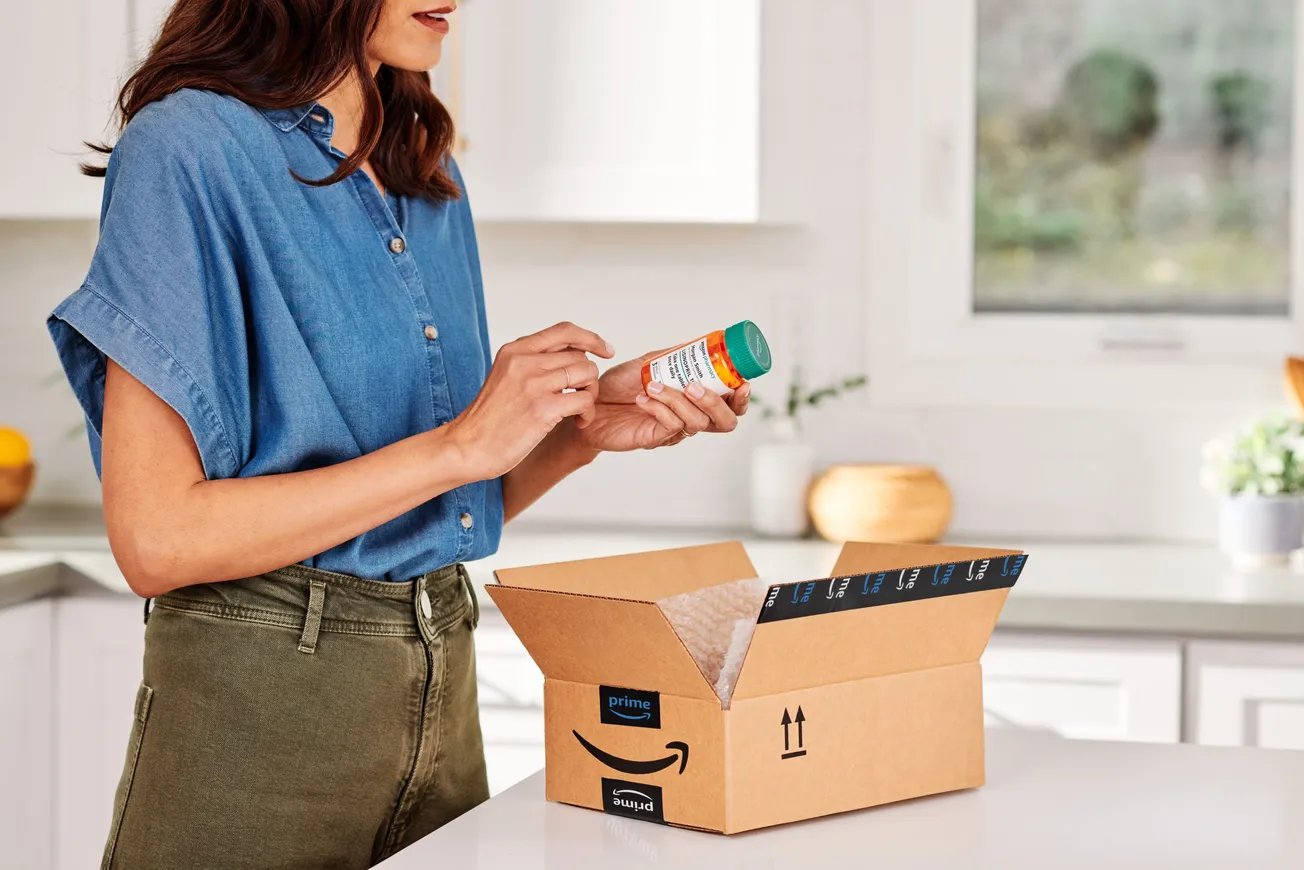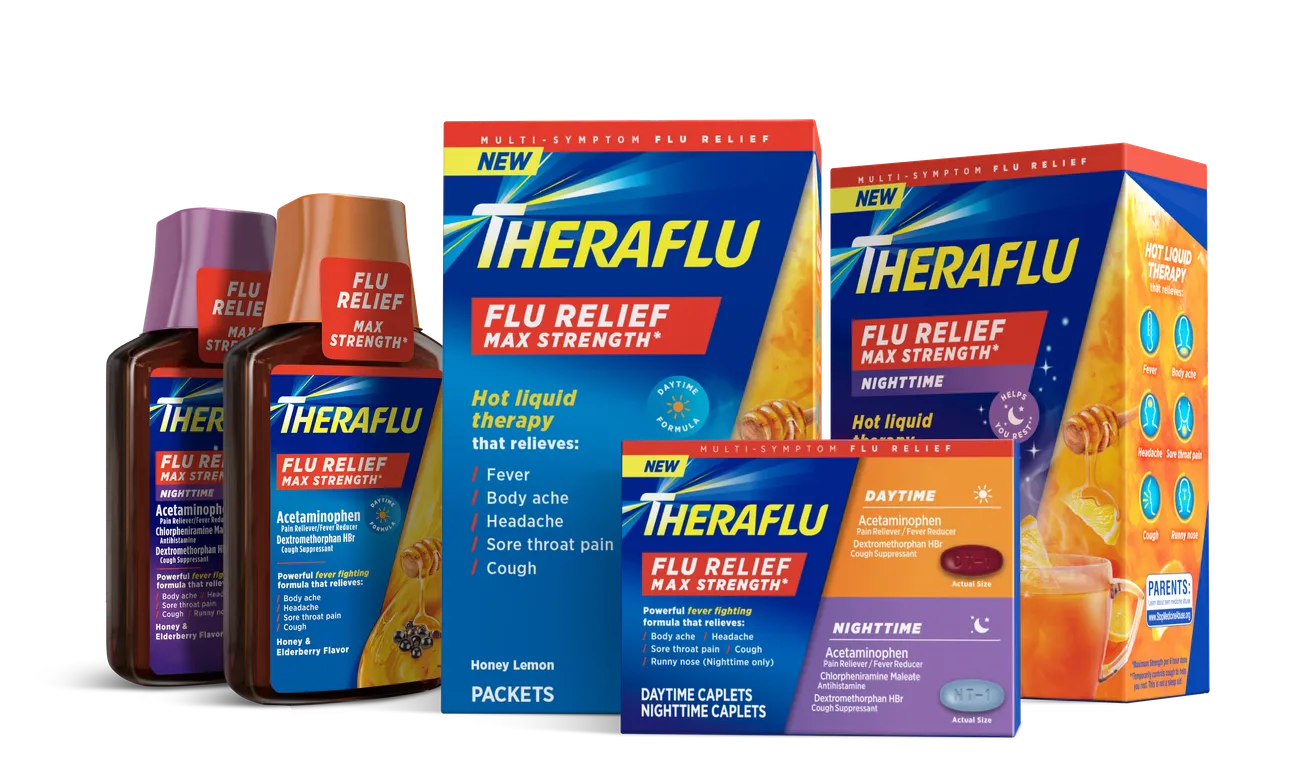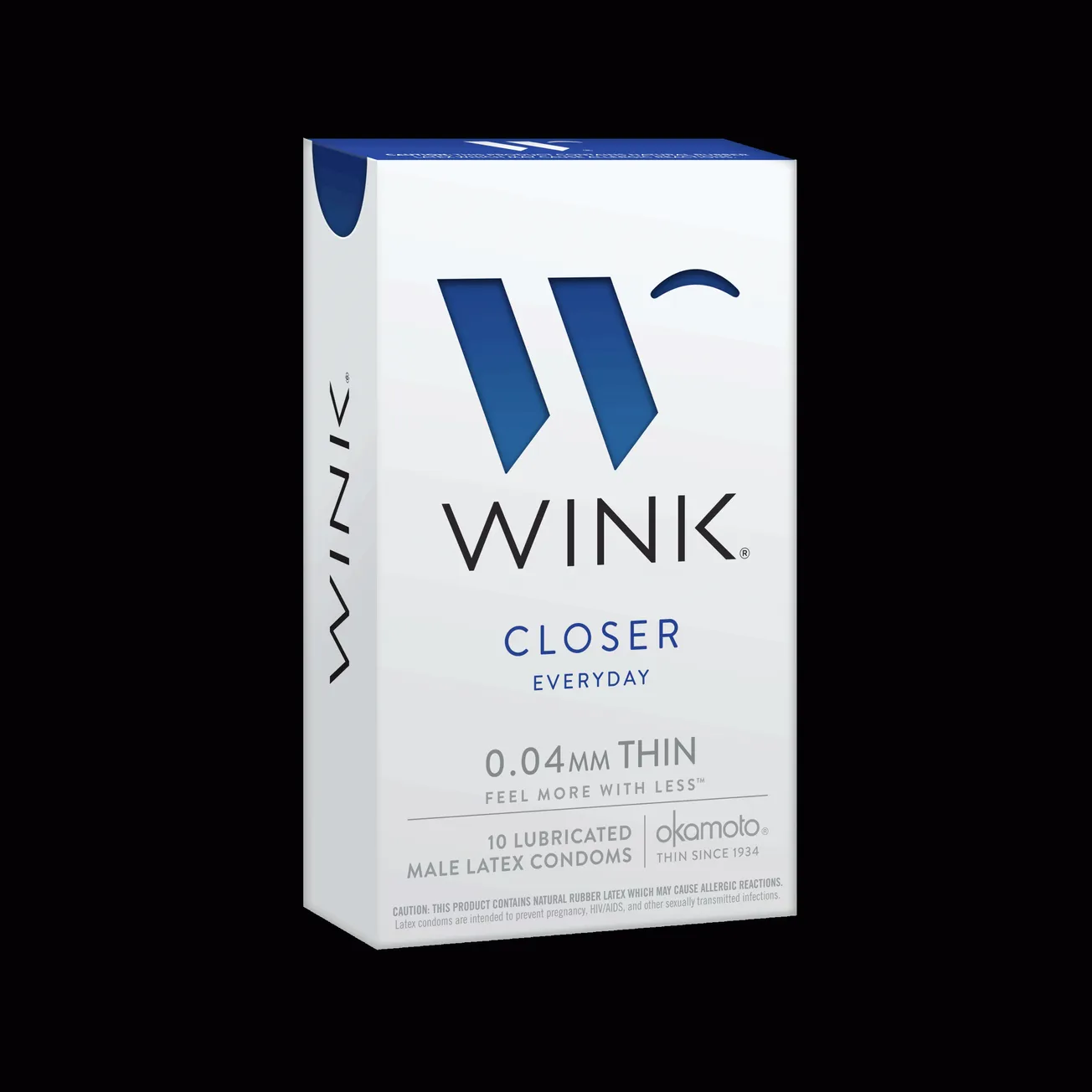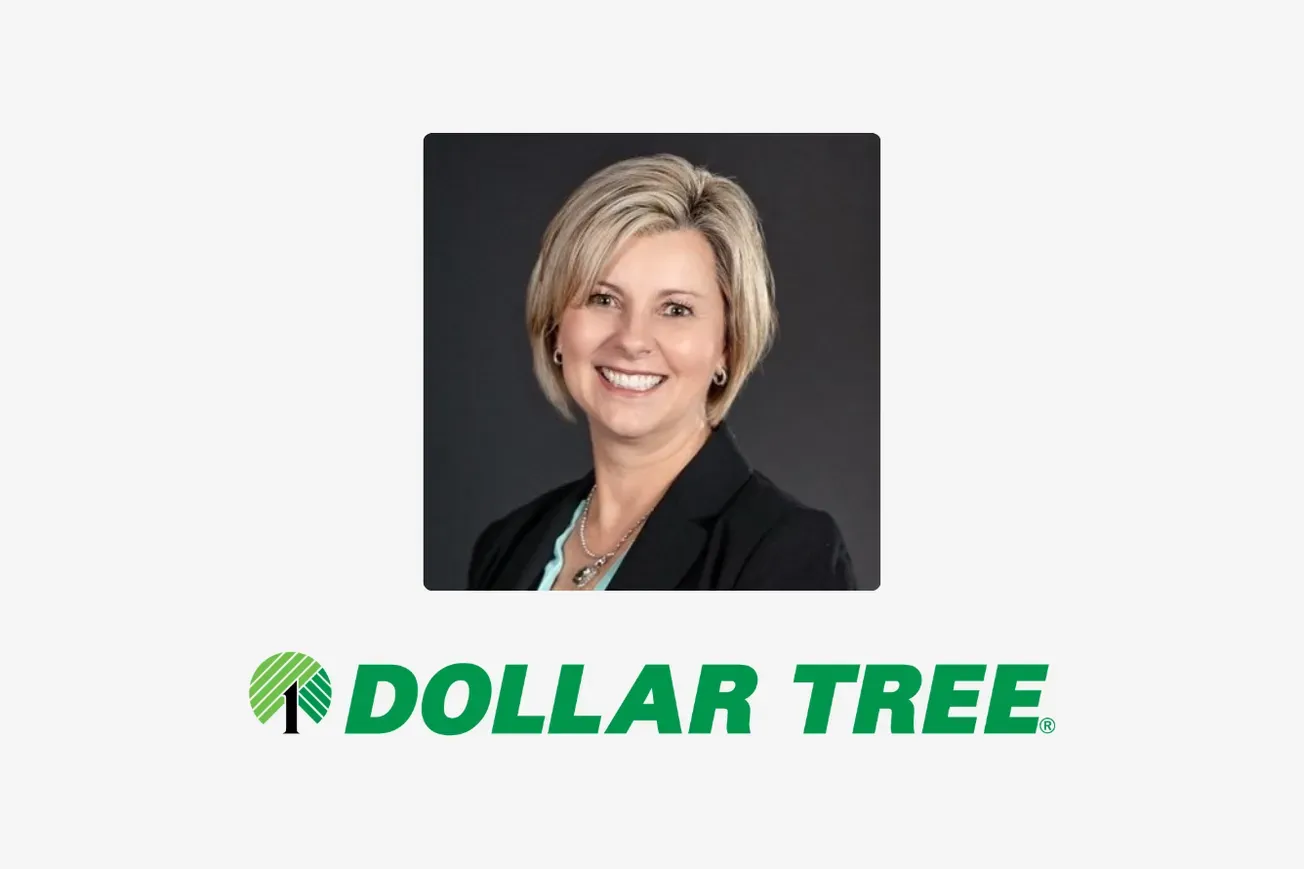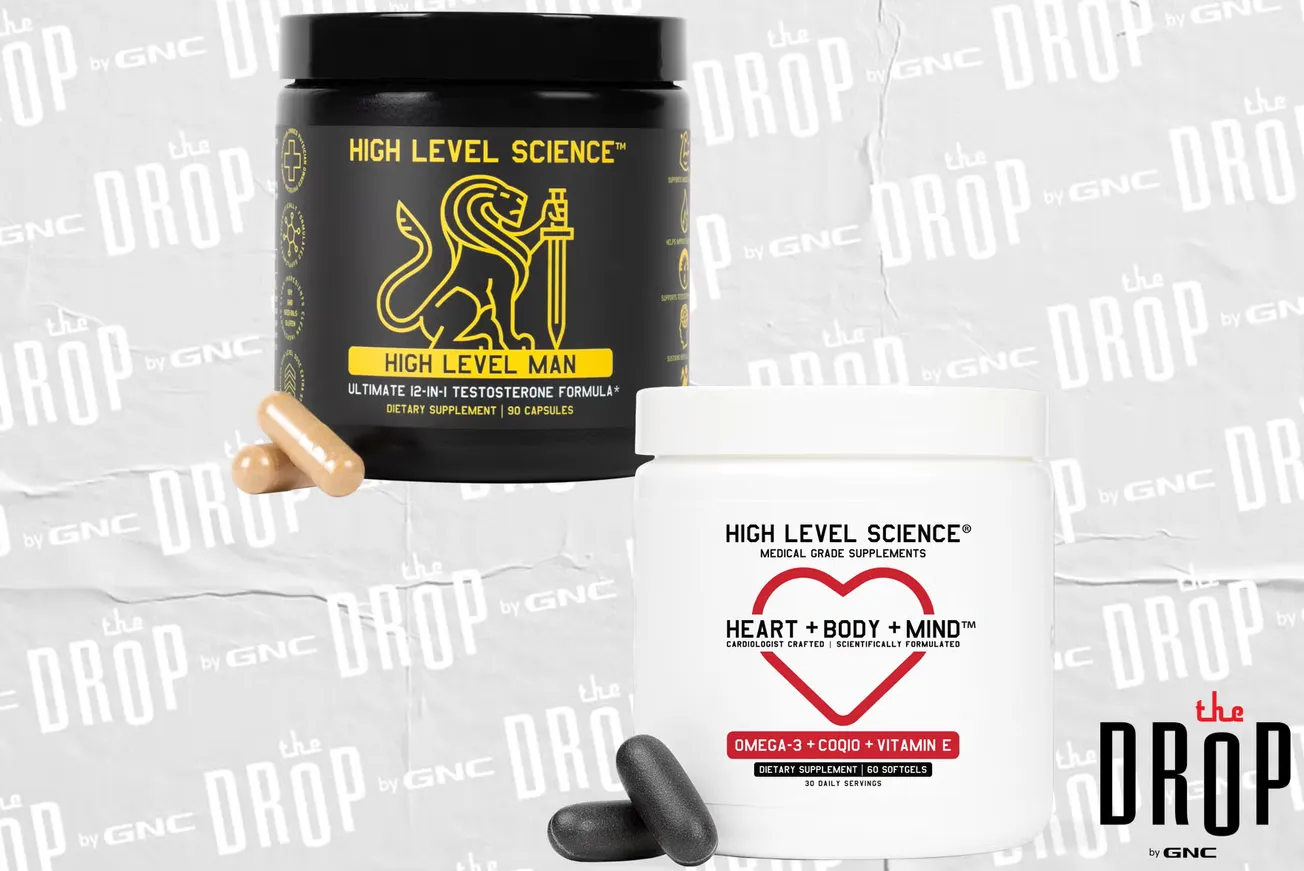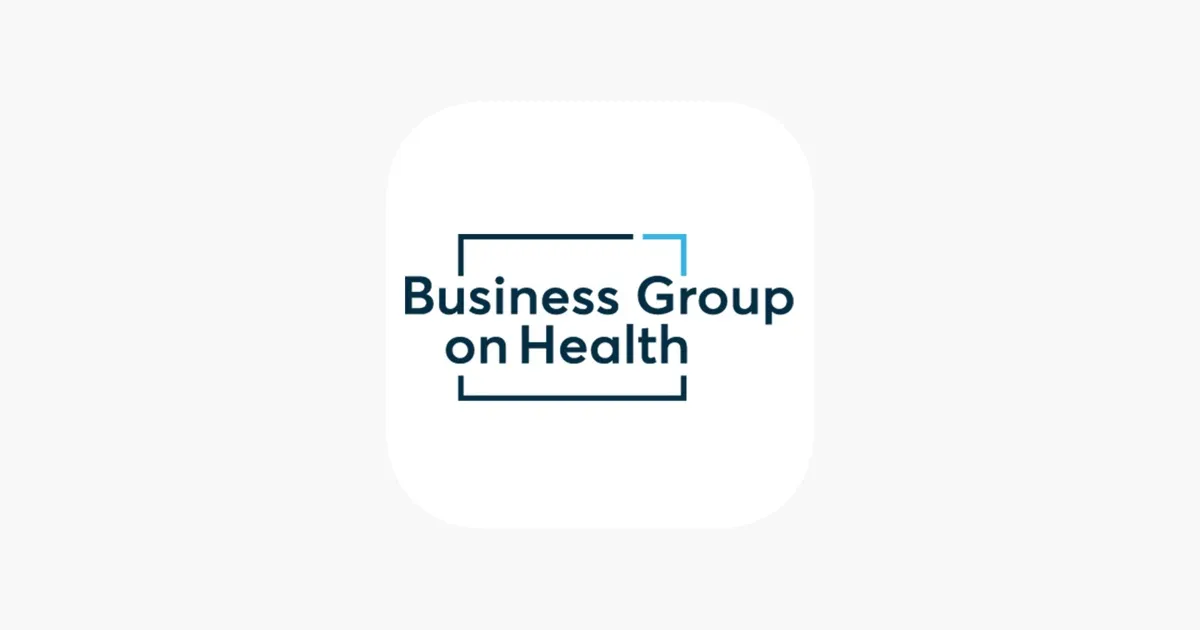By now it has become a familiar refrain: Amazon is taking another step to extend its reach in the $4 trillion health care sector. Late last month [January], the company launched RxPass, a benefit that gives Amazon Prime members access to some 50 generic medications, used to treat 80 common health problems, for a flat monthly fee of $5.
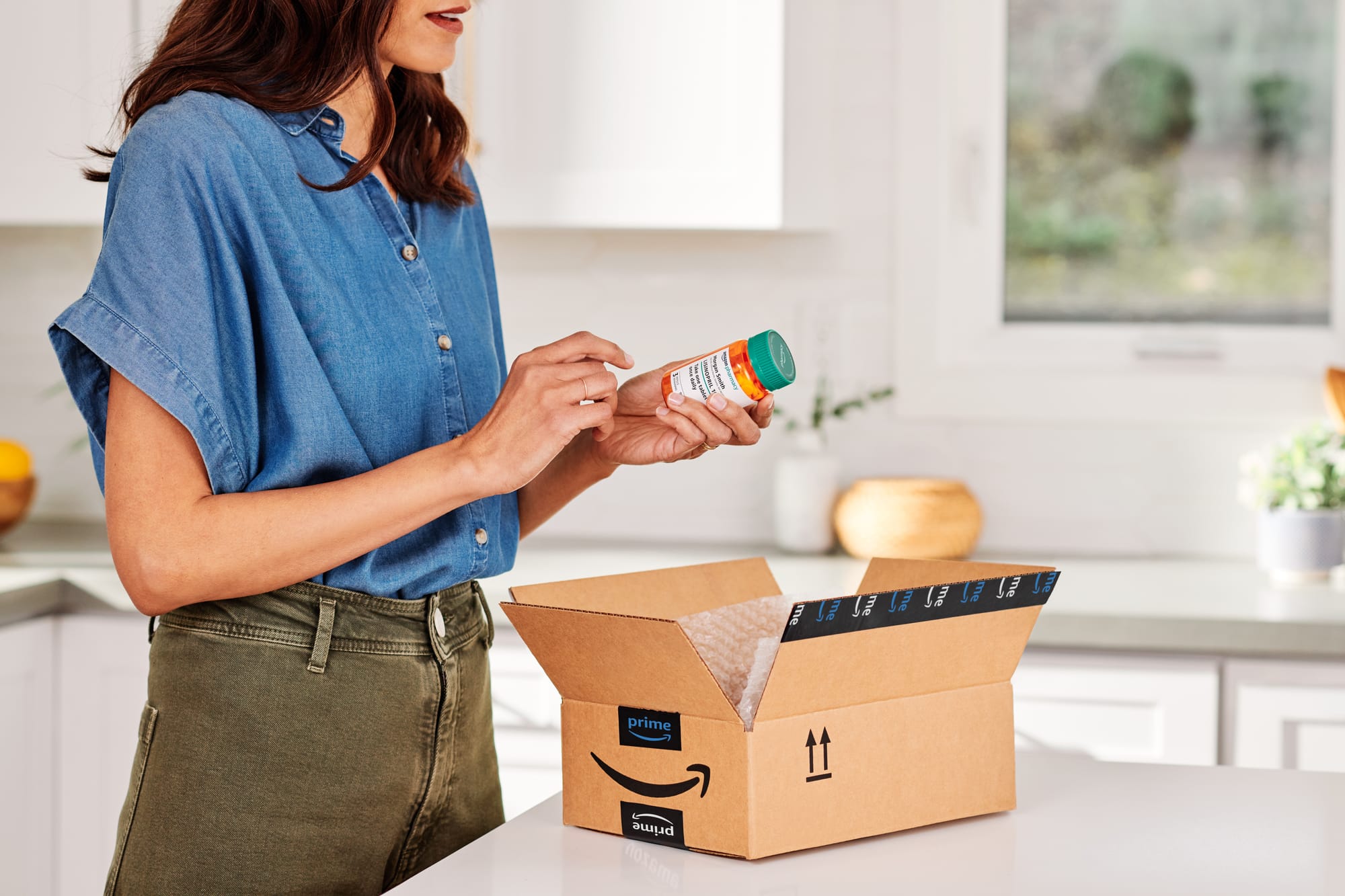
In touting the new initiative, John Love, vice president of Amazon Pharmacy, stressed reduced costs and convenience for Prime members. He pointed out that a person who currently pays as little as $10 a month for eligible prescriptions would save 50% or more with RxPass. The program, which is available to Prime members in most parts of the country, also includes free delivery.
Supported by Amazon pharmacists round the clock, RxPass joins the company’s other prescription savings benefit program available to Prime members. Available at no additional cost, it provides discounts of up to 80% for generics and 40% for branded products at Amazon Pharmacy, PillPack and more than 60,000 participating brick-and-mortar pharmacies.
Discount programs for generic medications are nothing new. Walmart began selling a 30-day supply of almost 300 generics for $4 back in 2006, prompting other pharmacy operators to heighten their efforts to help customers cope with the high cost of prescription drugs. Sixteen years later, the Mark Cuban Cost Plus Drug Co. was founded to improve access to care by helping protect consumers from what executives characterize as inflated pharmaceutical prices.
Viewed from that perspective, the introduction of RxPass isn’t a game-changer. It does, however, indicate Amazon’s determination to apply the principles of customer obsession and passion for innovation to pharmacy and health care. The company entered the prescription drug business three years ago, paying $1 billion for PillPack, an online pharmacy operator. In July 2022, Amazon took the leap into primary care with the purchase of One Medical — a technology-driven provider that promises a seamless combination of in-person (it operates some 180 brick-and-mortar clinics in 25 cities across the U.S.), digital and virtual care services — for $3.9 billion. Last November the company unveiled Amazon Clinic, a platform designed to connect patients seeking treatment for a variety of routine health problems with telehealth providers.
Amazon has also had some highly publicized failures in the health care sector, most notably the demise of Haven, a joint venture with JPMorgan Chase and Berkshire Hathaway. Not easily deterred by such setbacks, Amazon has demonstrated a propensity to learn from mistakes and go back at a problem until it finds a workable solution.
In this instance, it is hard to see how RxPass will, in and of itself, make much money. But the new low-cost generics program is only a building block in an emerging health care ecosystem that Amazon hopes will represent a compelling value proposition for consumers. The company is likely to consider the question of RxPass’ worth — including such factors as convenience and savings that help cement customer loyalty — within the context of its overall contributions to the health care experience.
As has been noted in this space previously, other pharmacy operators — CVS Health, Walmart and Walgreens Boots Alliance among them — have similar ambitions, as do such entities as UnitedHealth Group of Kaiser Permanente. With its deep pockets, technological prowess and track record of innovation, Amazon is a formidable challenger for established health care companies. Amazon has the added advantage of surrounding its growing array of offerings in the sector with an extensive suite of other products and services.
Like Alibaba in China, the so-called everything store is constructing a digital gateway where people can satisfy most of their basic daily living needs. For an annual fee of $139, Amazon Prime members have access to such benefits as fast delivery of millions of items at no additional charge; grocery delivery from Amazon Fresh and Whole Foods; and unlimited streaming of video and audio files.
If Amazon succeeds in building a comprehensive health care offering that rivals those of other major providers, its broader network of consumer-centric assets, along with its expertise in technology, will give it a leg up. The appeal of one-stop shopping has long been recognized and leveraged by brick-and-mortar retailers. Amazon is trying to take the concept to a new level. Other aspirants to be the health care provider of choice will have to redouble their efforts to find new ways to elevate patient care.

